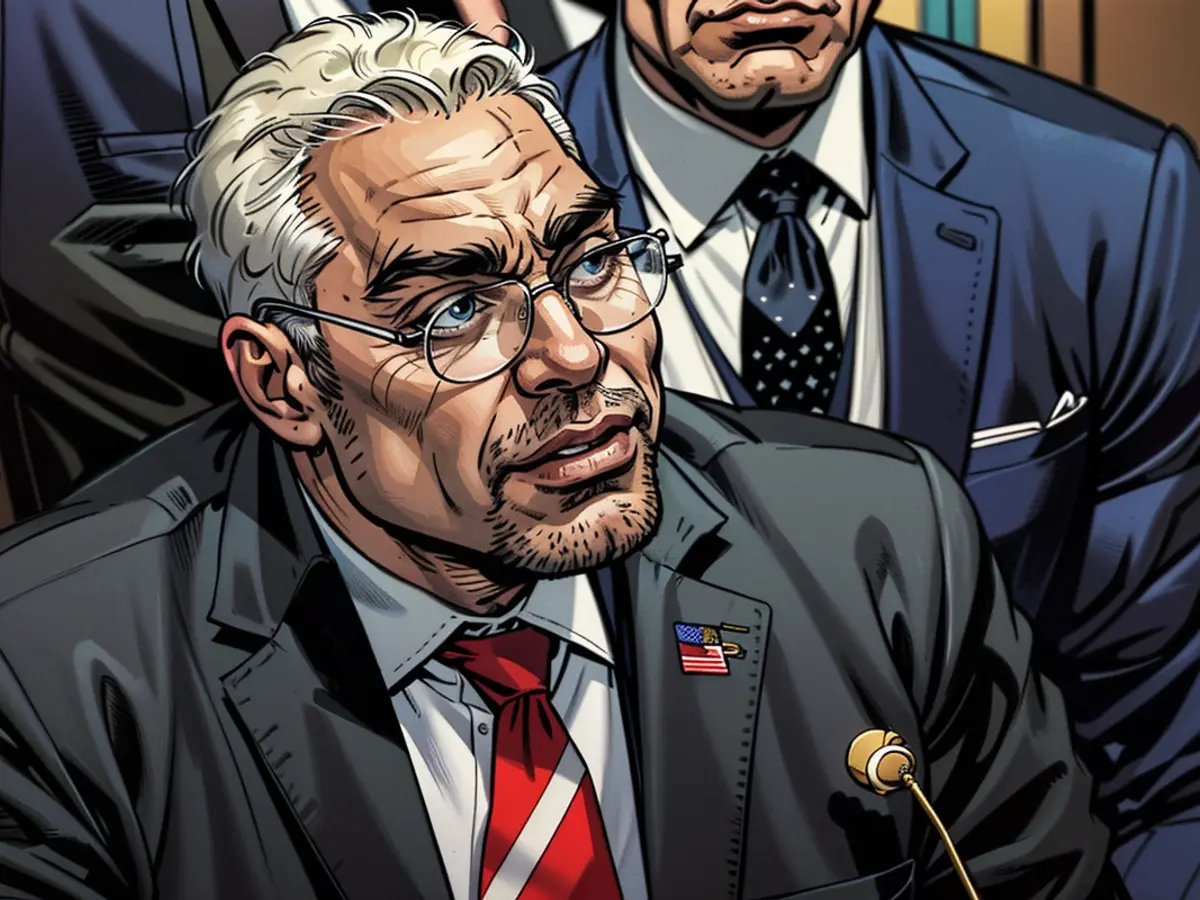Security forces protecting Haitian leader provide ‘cover’ fire after he leaves interview with CNN
CNN had been interviewing interim Prime Minister Garry Conille at a hospital destroyed by gangs when gunshots were heard in a nearby neighborhood. Conille initially proceeded with the interview.
According to a statement from the Haitian National Police and the Multinational Security Support (MSS), a Kenyan-led security force, troops fired their weapons as the prime minister was leaving to “provide cover.”
Afterward, the national police and MSS Force “followed up where the shots had been fired from the neighborhood and pacified the area,” it said.
No one was injured and the prime minister was safely returned to his office.
Haiti is still roiling from deadly gang violence and political upheaval, which sharply escalated in February. The crisis saw critical infrastructure attacked by gangs and cease to function, including the capital’s international airport and seaport, breaking vital supply lines of food and aid.
The interview took place in the city’s ruined General Hospital, once a major public health institution.
It was reclaimed from gang control in early summer by Haitian National Police, and then again from resurgent gang members by the joint HNP/MSS forces. Though still devastated, the hospital is seen as an early symbol of the re-establishment of state control in a city where gangs control an estimated 80% of the land. The area surrounding the hospital remains a dangerous contested area and is largely abandoned.
Haiti’s crisis forced former Prime Minister Ariel Henry to resign in March – pitching the country’s political establishment into weeks of negotiations as they sought to muster a transitional government.
In May, Conille was appointed prime minister during the government’s transition period, with the aim to eventually lead Haiti to new elections.
Conille had previously briefly served as prime minister from 2011 to 2012 during the presidency of Michel Martelly.
But as the government works to reconstruct itself, Port-au-Prince remains largely cut off from the outside world. Across the nation, nearly 5 million people in Haiti are suffering from acute food insecurity – defined as when a person’s inability to consume adequate food poses immediate danger to their life or livelihood.
In late June, members of the long-awaited MSS mission began arriving in Port-au-Prince after several delays. The Kenya-led mission aims to bolster local police in combatting the gangs overrunning the capital.
This is a developing story and will be updated.
The world watchfully monitors the situation in the Americas, specifically in Haiti, as it continues to grapple with gang violence and political instability. After his interview at the General Hospital, Prime Minister Garry Conille hails from the Americas, emphasizing the global significance of the ongoing crisis.







